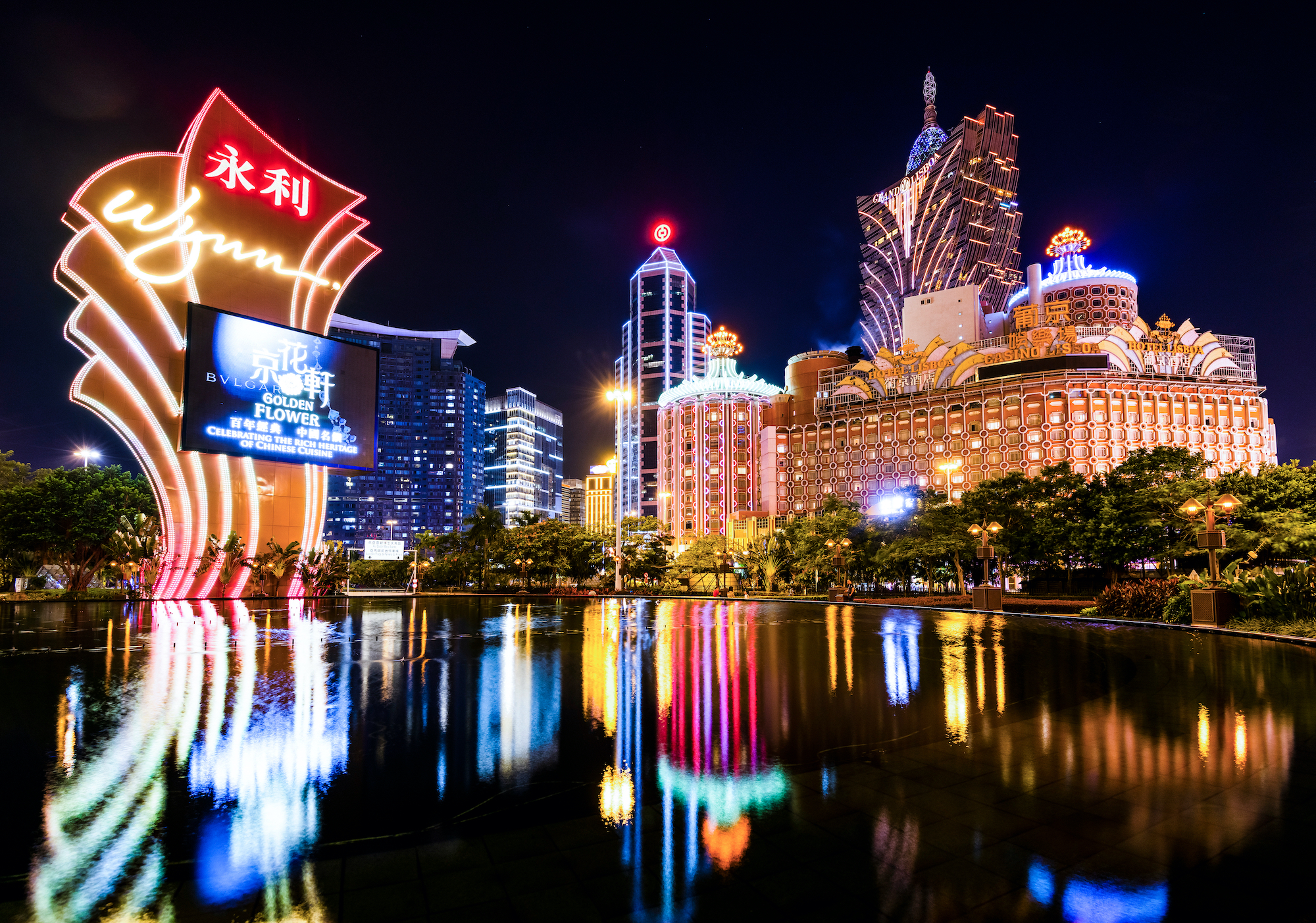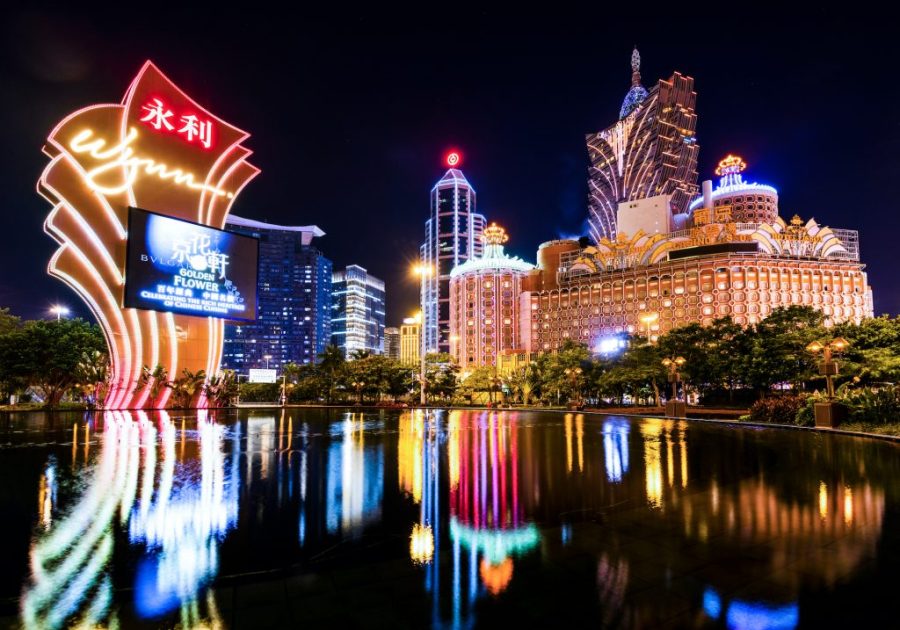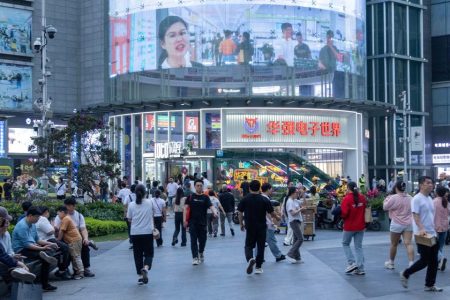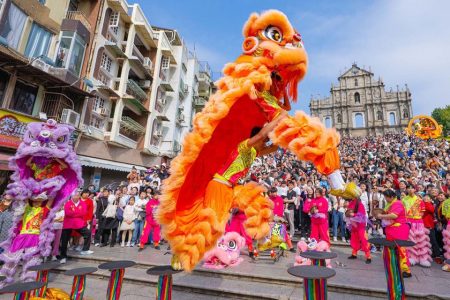Macao casino operators saw billions of dollars wiped off their value yesterday as their shares collapsed after the Macao government unveiled plans that would tighten its grip on the gaming industry.
Hong Kong-listed operators Sands China and Wynn Macau both plunged around 30 per cent; SJM Holdings and MGM China lost 25 per cent while Melco and Galaxy Entertainment both shed around 20 per cent.
Financial Times estimated the combined “losses” for the six big operators amounted to some US$20 billion.
The sell-off came after the Macao government announced a 45-day public consultation that included a proposal for a tighter supervision over the gaming industry, which has faced increasing scrutiny from authorities in recent years.
Officials are looking to put government representatives on operators’ boards to oversee their operations, and to criminalise underground banking in the industry.
The move comes as the central government has embarked on a regulatory crackdown on a wide range of industries, including tech and private education firms, while President Xi Jinping is calling for “common prosperity”.
“The casino issues [in Macao] are a continuation of what’s been a pretty big crackdown [in the mainland],” said Jason Ader, of New York-based investment manager SpringOwl Asset Management, a former Las Vegas Sands executive.
The announcement comes as the three concessions and three sub-concessions permitting companies to run casinos in Macao – the only place in China where casino gambling is allowed – come up for renewal next June, when the operators will have to join a new bidding process.
Macao’s casinos usually account for about 80 per cent of the government’s current revenue and about 55 per cent of its gross domestic product, with about 55,000 people working full-time in the sector, representing almost 12 per cent of the city’s workforce.
Usually, Macao rakes in more in a single week than Las Vegas makes in a month.
However, the sector has been hammered by the novel coronavirus, with tourism – the casinos’ lifeblood – wiped out by travel restrictions imposed by the government to prevent the disease spreading.
While acknowledging the gambling industry as Macao’s main breadwinner, the government has been concerned by the local economy’s overreliance on the industry.
In recent years it has sought to diversify its economy, billing itself as a family-friendly tourist and culinary destination – a strategy that was paying dividends until the novel coronavirus arrived.
Still, analysts said the operators would not likely consider the proposed measures too problematic.
Bernstein analysts led by Vitaly Umansky said the big-name operators were likely to keep their gaming concessions.
“Our view remains that the six operators here today will be here tomorrow,” Umansky said.
He added that he did not see “any major concerns” over the proposed tighter supervision because firms had already been working closely with Macao government officials, The Macau Post Daily reported.






